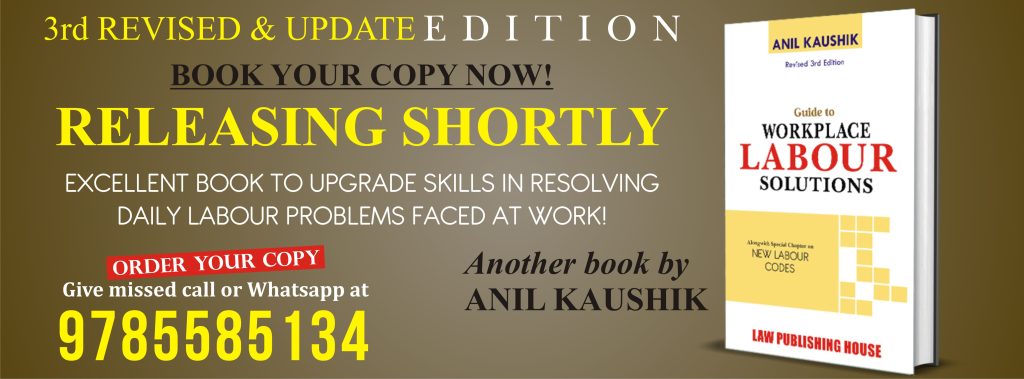India’s labor landscape is characterized by a significant presence of contract labor across various industries. As businesses increasingly rely on contract labor, it becomes imperative for organizations to develop robust strategic compliance planning to navigate the complex regulatory environment. This article delves into the key aspects of strategic compliance planning for contract labor in India.
Understanding the Regulatory Landscape
Compliance with labor laws in India is crucial for businesses, particularly when engaging contract labor. There are various central and state-level laws that govern the employment of contract labor, including the Contract Labour (Regulation and Abolition) Act, 1970, Minimum Wages Act, 1948, and the Industrial Disputes Act, 1947, among others.
Strategic Compliance Planning
1. Legal Structure: One of the first strategic decisions is choosing the appropriate legal structure for engaging contract labor. Businesses can engage contract labor through contractors or labor supply agencies, but it is essential to ensure these entities comply with legal requirements.
2. Contract Agreements: Well-drafted contracts between the principal employer and the contractor are fundamental. These contracts should outline the responsibilities of both parties, including adherence to labor laws and compliance with statutory obligations.
Also read: Integrating HR strategies in educational institutions
3. Licensing and Registration: To engage contract labor legally, both the principal employer and the contractor must obtain licenses and registrations under the Contract Labour (Regulation and Abolition) Act, 1970. Ensuring these are up-to-date is a critical aspect of compliance planning.
4. Wage Compliance: Compliance with minimum wage laws and timely payment of wages is essential. Additionally, businesses should factor in other benefits like provident fund, employee state insurance, and gratuity where applicable.
5. Record Keeping: Accurate record-keeping is crucial for compliance. Maintain records related to employment, wages, and benefits to demonstrate adherence to labor laws during audits or inspections.
6. Health and Safety: Ensuring a safe working environment for contract labor is vital. Compliance with the Occupational Safety and Health Act and related regulations is imperative. Regular safety audits and employee training are essential.
7. Dispute Resolution: Develop mechanisms for addressing disputes and grievances of contract labor promptly. Having a fair and transparent grievance redressal system can prevent legal complications.
8. Regular Audits: Conduct internal audits to assess compliance levels. Identify areas of non-compliance and take corrective actions proactively.
Challenges in Compliance Planning
Strategic compliance planning for contract labor in India faces several challenges:
1. Complex Regulatory Environment: The myriad of central and state laws can be overwhelming. Understanding and complying with these regulations can be a daunting task.
2. Compliance Costs: Meeting all statutory obligations, including minimum wage and social security contributions, can add significant overhead costs to businesses.
3. Frequent Amendments: Labor laws in India are subject to frequent amendments. Staying updated with these changes is essential to maintain compliance.
4. Litigation Risks: Non-compliance can lead to legal disputes and penalties, which can be costly and damaging to an organization’s reputation.
Conclusion
Strategic compliance planning for contract labor in India is a multi-faceted challenge that businesses must address effectively. By understanding the regulatory landscape, adopting a proactive approach to compliance, and staying informed about legal changes, organizations can mitigate risks, ensure a fair and safe working environment for contract labor, and maintain a positive reputation in the marketplace. It is advisable to seek legal counsel or engage with compliance experts to navigate the intricacies of labor laws in India effectively.
Stay connected with us on social media platform for instant update click here to join our LinkedIn, Twitter & Facebook






























